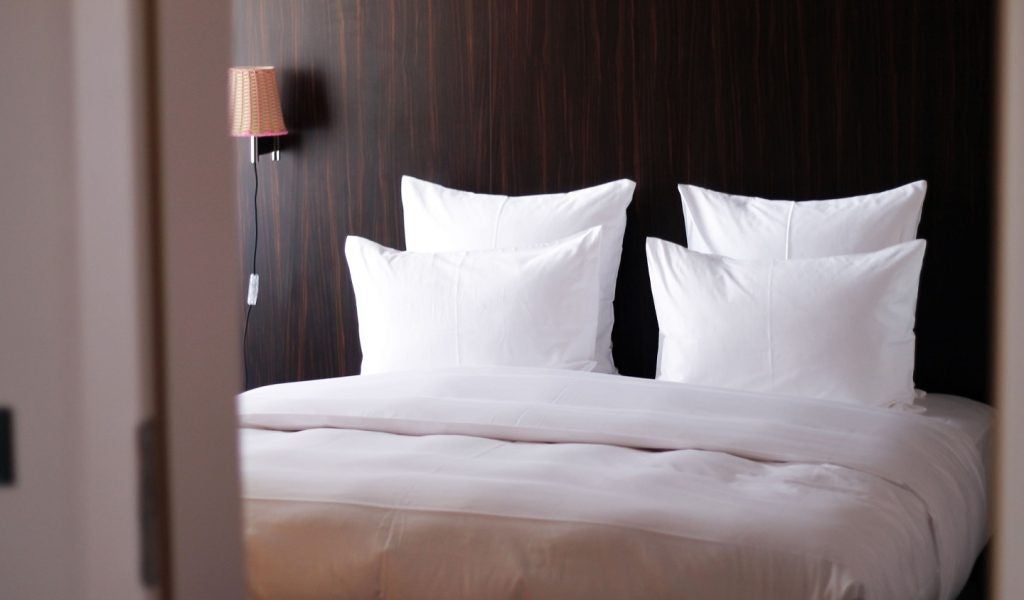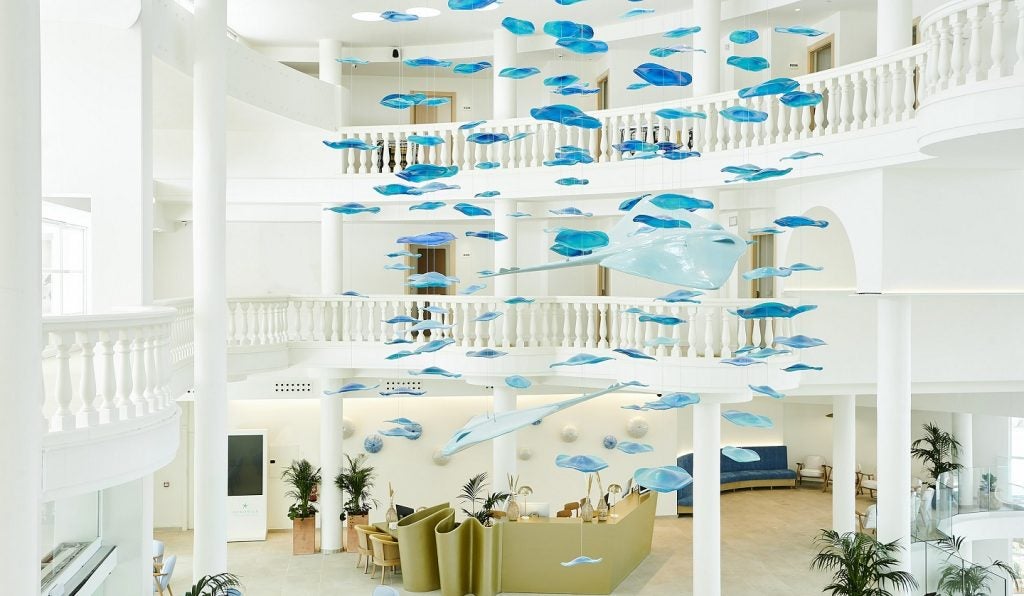The British Home Office has announced its intention to boost the number of beds allocated for asylum accommodation, a move that has sparked both support and criticism.
The Refugee and Migrant Forum of Essex and London (RAMFEL), a charity assisting vulnerable migrants, has accused the Home Office of creating a backlog of asylum seekers, which has resulted in their temporary placement in hotels.
Backlog forces use of hotels, says RAMFEL
RAMFEL has blamed the Home Office for the backlog of asylum seekers and argued that this backlog has compelled them to utilise hotels as temporary accommodation.
Rudy Schulkind, the advocacy officer at RAMFEL, expressed his discontent with Andrew Rosindell, the Conservative MP for Romford, who voiced his opposition to the government's plans to increase bed spaces in Havering.
Rosindell emphasised the need to address the underlying causes of "illegal migration" instead.
Rosindell faces criticism
Schulkind criticised Rosindell for making claims about the status of asylum seekers without sufficient knowledge of their cases.
Schulkind highlighted the fact that asylum seekers have long been used as a political tool in the country and accused Rosindell of fearmongering, asserting that such tactics resonate at the highest levels of government.
Rosindell's response and calls for reform
Rosindell defended his stance, stating that the current system cannot be ignored, and that Brexit aimed to reassert national sovereignty.
He argued that accusations of fearmongering should not deter efforts to regain control of the country's borders.
Rosindell called for the establishment of offshore processing facilities, which he believes would offer a safe and humane environment in another country for migrants to lodge their claims.
Conditions faced by asylum seekers
While the Home Office spokesperson gave assurances that asylum seekers receive full accommodation, three meals a day and essential support such as cash payments for eligible individuals, Schulkind disputed this claim.
According to him, many asylum seekers remain confined to overcrowded hotels, unable to eat the substandard food provided.
Schulkind further asserted that the government's prohibition on employment leaves many asylum seekers dependent on the state for their sustenance.
Calls for alternative solutions
Despite their differing views, Rosindell and Schulkind agreed that housing migrants in hotels is unsustainable. Rosindell urged the government to pursue offshore processing facilities as a viable option, citing the need for a safe and humane environment.
Schulkind agreed that contingency accommodation should be avoided, advocating instead for allowing migrants to work and contribute to the tax system, thereby reducing their reliance on state support.
The government's plan to expand the number of beds at a Havering hotel for asylum seekers has drawn criticism, intensifying the ongoing debate surrounding asylum accommodation policies.
















